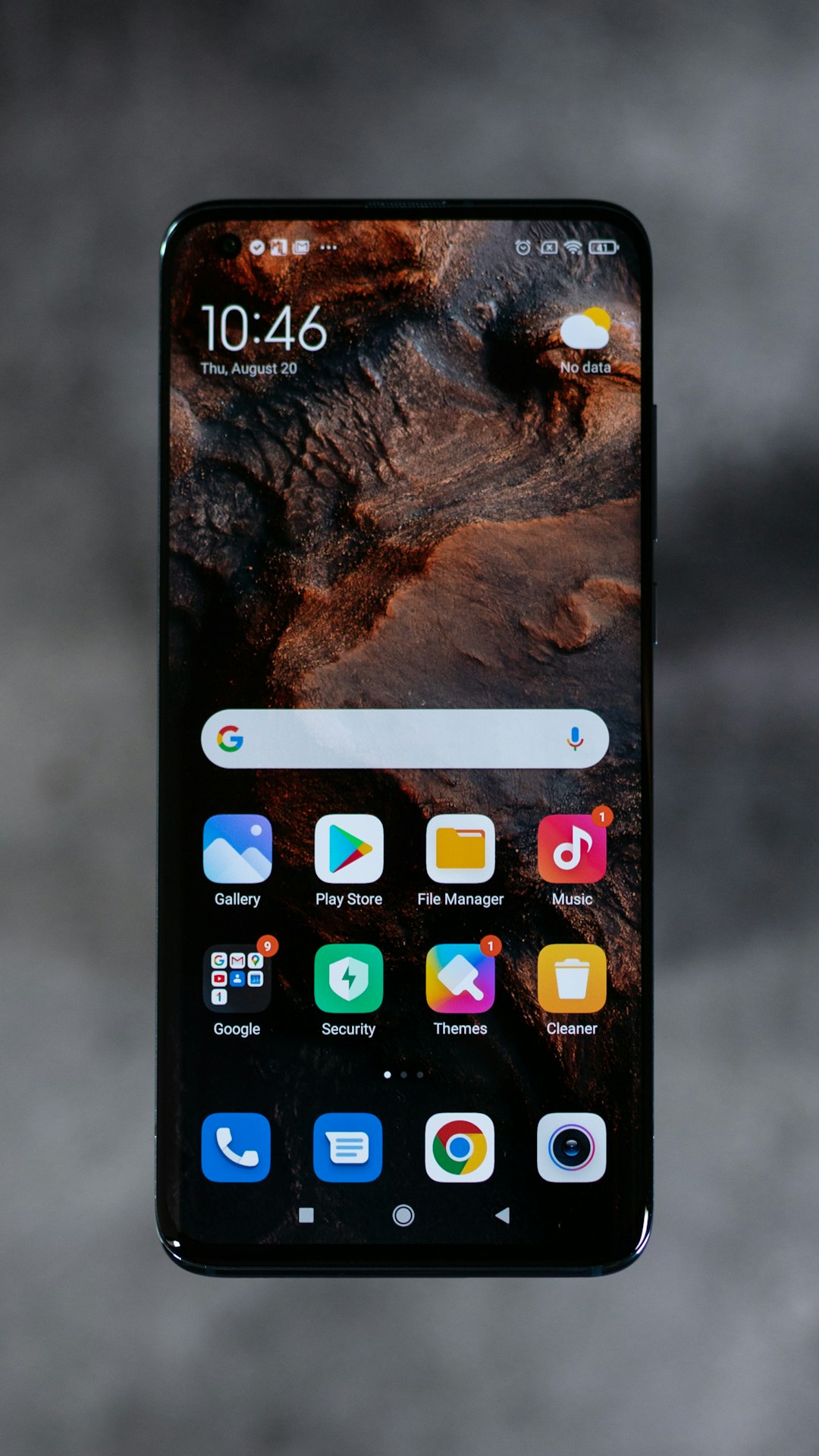Boone, Iowa's scenic rail tours thrive under local regulations, including "Scenic Valley Railroad Tourism Call Rules," which govern licensing, noise, speed, and safety. Compliance is crucial for tour operators to avoid misunderstandings with residents. The "No Call Lawyer" designation in Iowa protects privacy and time for legal professionals, benefiting both attorneys and clients across the state, especially during tourism season. Everyone involved has rights and responsibilities, ensuring a harmonious, safe, and enjoyable tourist experience along the Scenic Valley Railroad.
Boone residents and business owners face unique challenges with the surge of tourism driven by the scenic railroad. This article explores navigating the intricate No Call Lawyer Iowa rules surrounding Boone’s Scenic Valley Railroad, focusing on rights and responsibilities for both tourists and locals. Understanding these guidelines is crucial to fostering a harmonious relationship between visitors enjoying the scenic routes and residents who call this picturesque town home.
Understanding Boone's Scenic Valley Railroad Tourism Call Rules

Boone, Iowa, residents and visitors alike often engage with Scenic Valley Railroad tourism, enjoying scenic rides through picturesque landscapes. However, understanding the local regulations governing this activity is essential to ensure a safe and enjoyable experience for all. The town’s “Scenic Valley Railroad Tourism Call Rules” outline guidelines for those operating or participating in train-related tours and events. These rules are designed to maintain order, protect public safety, and preserve the unique character of Boone’s railroad heritage.
Key aspects of these regulations include licensing requirements for tour operators, noise control measures, and restrictions on when and where trains can operate. Additionally, the rules address issues like speed limits, crossing safety, and the handling of emergencies. Knowing and adhering to these call rules is crucial, especially for those without a No Call Lawyer Iowa, as it helps prevent misunderstandings, ensures compliance, and fosters a harmonious relationship between residents and the vibrant railroad tourism industry.
Who is Considered a No Call Lawyer in Iowa?

In Iowa, a “No Call Lawyer” refers to an attorney who has registered with the state’s No Call Registry, ensuring they are not contacted by telephone solicitors or telemarketers. This registration is designed to protect residents from unwanted sales calls and provides them with peace of mind, especially for those who value their privacy. The term “No Call Lawyer” in Iowa specifically applies to legal professionals offering their services through direct-to-consumer marketing over the phone.
Boone residents, like many others across the state, can benefit from this registry when it comes to managing their tourism and leisure activities related to the Scenic Valley Railroad. By being listed as a No Call Lawyer, these attorneys ensure that they are not contacted by telemarketers promoting railroad tours or similar attractions, allowing them to focus on serving clients within the legal community without distractions from commercial calls.
Navigating Tourists' Rights and Responsibilities

Boone residents dealing with Scenic Valley Railroad tourism need to be aware of both their rights and responsibilities when it comes to visitors. Tourists, too, must navigate these boundaries to ensure a safe and enjoyable experience for all. One key aspect is understanding the no-call laws in Iowa, which are designed to protect residents from unwanted solicitation or sales calls. These rules extend to tourism as well, meaning businesses and individuals promoting Scenic Valley Railroad activities should respect residents’ privacy by avoiding persistent or aggressive marketing tactics.
Residents have the right to peaceful enjoyment of their homes and communities, while tourists have the opportunity to immerse themselves in Boone’s unique offerings. Tourists are encouraged to be mindful of local regulations and community norms, such as respecting private property, adhering to noise ordinances, and following designated tourism routes. By understanding and upholding these mutual responsibilities, both residents and visitors can contribute to a harmonious and thriving tourist experience along the Scenic Valley Railroad.






